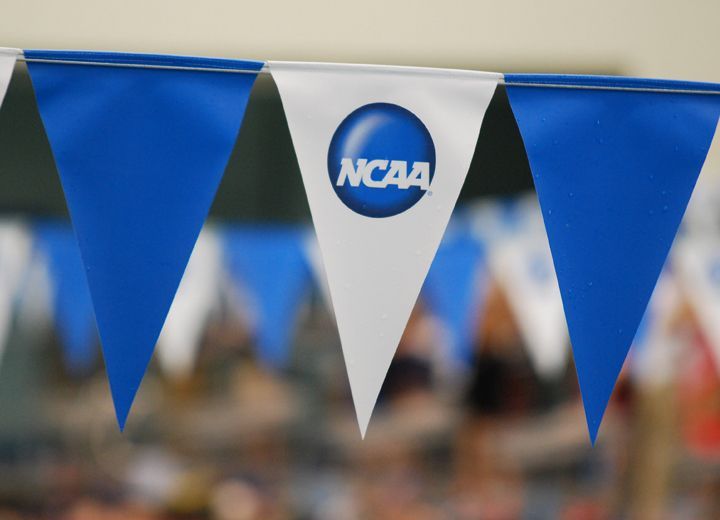In a 55-page document, Northwestern University has appealed the decision of the Regional Director of the National Labor Relations Board (NLRB) in Chicago to its national branch, fulfilling the anticipated next step in the process of determining whether NCAA athletes are in fact ’employees’ of the universities that they represent.
See the full appeal document here.
This is the “next shoe dropping” in the spider-walk that will be the meander to a final decision in this case. On March 26th, a regional director of the National Labor Relations Board in Chicago ruled in favor of the Northwestern football players, led by their quarterback Kain Colter. That decision said that the football players on a full scholarship were in fact employees of the university, and thus had the right to unionize in Illinois to bargain collectively against the Northwestern athletics department.
It had yet to be determined how far the NLRB’s ruling would extend, though the ruling wouldn’t extend to public institutions in right-to-work states, where local laws and controls take precedent over NLRB rulings.
But as they promised to do, Northwestern has appealed the decision to the national board; both they and the NCAA spoke out against the ruling initially and promised to fight the decision.
The appeal has at its core several issues, which are summarized in the Introduction. The appeal generally centers around the characterization of scholarship football players as “employees,” as compared to “students.” Northwestern says that at their university, the primary mission of the student-athlete is education, not driving revenue through athletic performance, which they say is evidenced by having the best football graduation rate in FBS in the country.
They say that Colter, as the lone witness, had a different goal, that he admitted to, of playing professional football. The appeal implies that Colter’s testimony might be skewed by those goals and wouldn’t portray the experience if the typical student-athlete.
The key points are included below:
- Based on the testimony of a single player who admitted that he aspires to play professional football, the Regional Director described Northwestern’s football program in a way that is unrecognizable from the evidence actually produced at the hearing.
-
In this unprecedented decision, the Regional Director set out to alter the underlying
premise upon which collegiate varsity sports is based.
-
By finding that Northwestern
University’s football program is a commercial enterprise and that its football scholarship
student-athletes are “employees” within the meaning of the National Labor Relations Act
(“Act”), the Regional Director ignored the evidence of Northwestern’s primary commitment to
the education of all of its student-athletes, evidence that fully supports that its student-athletes
are primarily students, and not employees.
- Northwestern’s football program stands alone as the most successful FBS program for educating athletes to graduation. Whatever one thinks of athletics at other institutions, Northwestern presented overwhelming evidence establishing that its athletic program is fully integrated with its academic mission, and that it treats its athletes as students first.’
Further, Northwestern believes that the Regional Director committed “prejudicial error” by placing the burden of proof on the employer. In an instance where a company was trying to exclude an already-determined employee, Northwestern says, that would have been correct process; however they argue that in this case the question is a broader one about whether the student-athletes are employees, which should create a “nonadversarial” case.
Northwestern had until Wednesday to file its appear with the Board in Washington, D.C. With both sides making strong cases for their points, expect the NLRB to take strong consideration before issuing what will surely be a wide-reaching and precedent-setting decision.

While I’m not American, I do have some direct experience with the NCAA / US college athletics experience. I was a scholarship athlete, albeit 30+ years ago. My nephews, too, are foreign athletes playing in the NCAA.
Based on my experience, my nephews experiences and – mainly – my observations, I have to say I really do believe the model is fundamentally flawed and, in a lot of cases – to be blunt – immoral.
The challenge, I think, is that the “revenue” sports – men’s basketball and men’s football – have gotten so big and they generate so much money that they have corrupted the whole edifice.
I’m not saying anything that anybody doesn’t know when… Read more »
What about those individuals who do have scholarships? Are they considered employees too? That brings about equal pay for equal work!
I meant do NOT have scholarships…